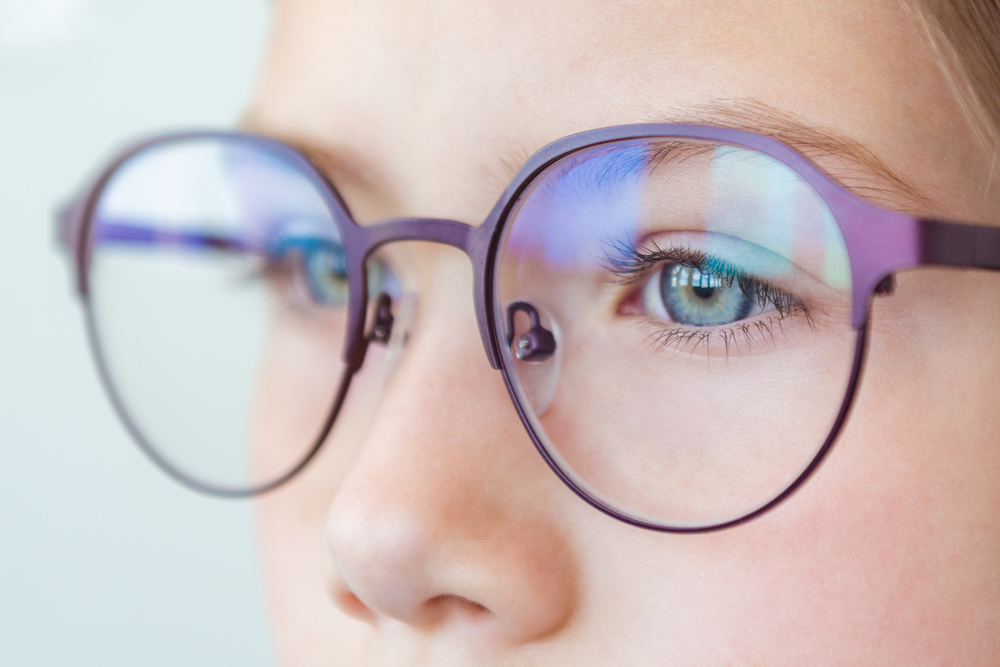
In the arena of human health, the role of vision is paramount. However, our eyes, like any other part of our body, are susceptible to various problems. Some of these problem areas can be minor, but others can have larger impacts, impairing our ability to see the world around us clearly. These problems can occur due to several reasons, such as aging, genetics, or lifestyle habits. Some vision problems can be corrected with glasses, a simple yet revolutionary tool that has enhanced the lives of millions around the world.
Common Vision Problems
The eye is a complex organ that enables us to perceive the world in all its vivid detail and color. However, when something goes awry with our eyes, the resulting vision problems can range from mildly inconvenient to severely debilitating. Among the most common vision problems are refractive errors, which occur when the eye cannot correctly focus light on the retina. The main types of refractive errors are Myopia (Nearsightedness), Hyperopia (Farsightedness), Astigmatism, and Presbyopia.
These common vision problems can significantly impair our quality of life, affecting everything from our ability to perform routine tasks to our enjoyment of simple pleasures, like reading a book or appreciating a beautiful sunset. Fortunately, most of these conditions can be corrected or managed with eyeglasses, offering a simple and effective solution to many vision problems.
Myopia and its Correction with Glasses
Myopia, or nearsightedness, is a common vision problem where objects close to you appear clear, while distant objects appear blurry. This happens when the eyeball is too long or the cornea is too curved. As a result, the light entering the eye is not focused correctly, and distant objects appear blurred.
Glasses can effectively correct myopia by using concave lenses. These lenses are thinner at the center than at the edges, which helps to spread the light out before it reaches the retina. This allows the light to be focused correctly, making distant objects appear clear and sharp. The degree of myopia determines the strength of the lenses required, with more severe cases requiring thicker lenses.
Hyperopia and How Glasses Help
Hyperopia, or farsightedness, is the opposite of myopia. If you have hyperopia, you can see distant objects clearly but struggle with near vision. This condition occurs when the eyeball is too short or the cornea is not curved enough, causing light to focus behind the retina.
Glasses correct hyperopia with convex lenses, which are thicker in the middle and thinner at the edges. These lenses bend the light inward before it enters the eye, allowing it to focus directly onto the retina. As a result, objects that are close appear clear. As with myopia, the strength of the lenses required will depend on the degree of hyperopia.
Can Glasses Correct Astigmatism?
Astigmatism is a common vision problem caused by an irregularly shaped cornea or lens, which prevents light from focusing properly on the retina. This can result in blurred or distorted vision at all distances. Some people with astigmatism may also experience headaches or eye strain.
Astigmatism can be corrected with glasses that have cylindrical lenses. These lenses have different curvatures in different directions, which helps to compensate for the uneven shape of the cornea or lens. By doing so, they ensure that light is focused correctly on the retina, resulting in clearer vision.
Presbyopia and How Glasses Can Correct it
Presbyopia is a natural part of aging that typically begins to affect people over the age of 40. It involves a gradual loss of the eye's ability to focus on close objects, making activities like reading or sewing difficult. Presbyopia is caused by a hardening of the lens inside the eye, which makes it less flexible and less able to change shape to focus on near objects.
Glasses can correct presbyopia with bifocal or multifocal lenses. These lenses have different sections for seeing at different distances, allowing you to switch focus from near to far objects easily. This flexibility helps to compensate for the loss of focusing ability caused by presbyopia and restores clear near vision.
The Importance of Regular Eye Check-Ups
Regular eye check-ups are crucial for maintaining good eye health and clear vision. They allow eye doctors to detect any vision problems early and prescribe the right corrective lenses if needed. Regular check-ups are especially important as we age, as the risk for many eye conditions increases with age.
Additionally, if you already wear glasses, regular eye check-ups will ensure that your prescription is up to date and that your glasses are still correcting your vision effectively. Vision can change over time, so it's essential to have your eyes checked regularly.
Correct Your Vision Problem with Glasses Today
Common vision problems like myopia, hyperopia, astigmatism, and presbyopia can significantly impact our quality of life. However, these conditions can typically be corrected or managed effectively with glasses, allowing us to see the world clearly and continue with our daily activities with minimal disruption. Regular eye check-ups are crucial in ensuring our glasses are tailored to our needs and that any changes in our vision are detected early.
For more information on common vision problems corrected by glasses, visit Metro Eye Care at our office in Edwardsville, Illinois. Our goal is to provide clear, healthy vision for the entire family. Please call or text (618) 659-1900 to schedule an appointment today.





